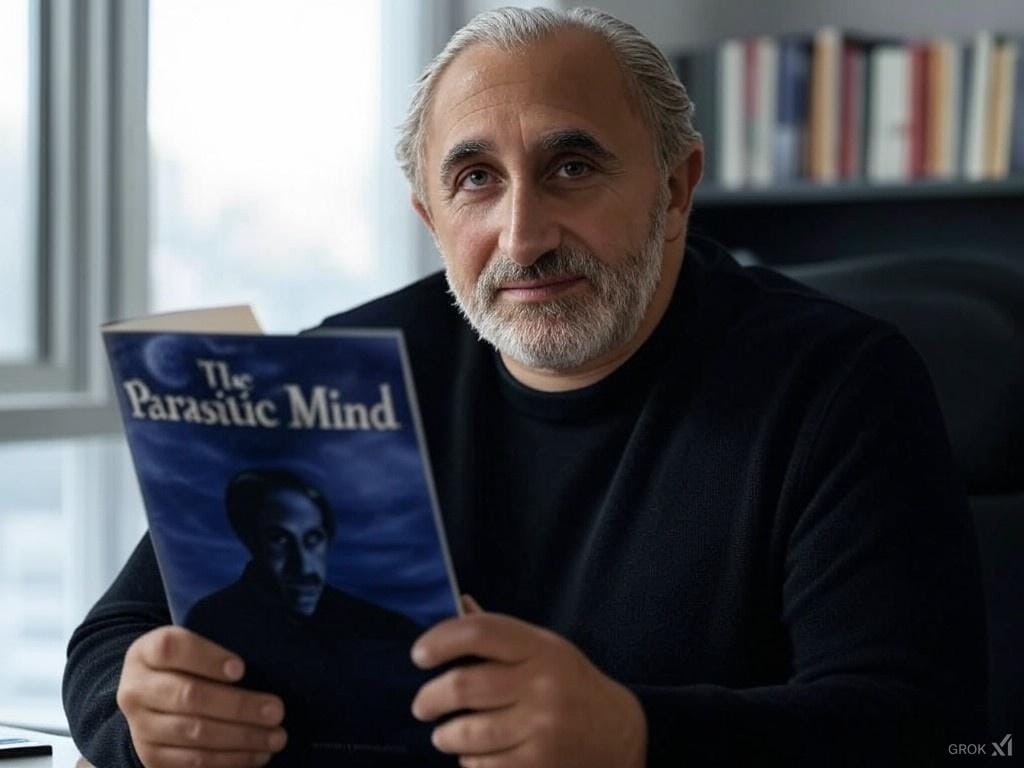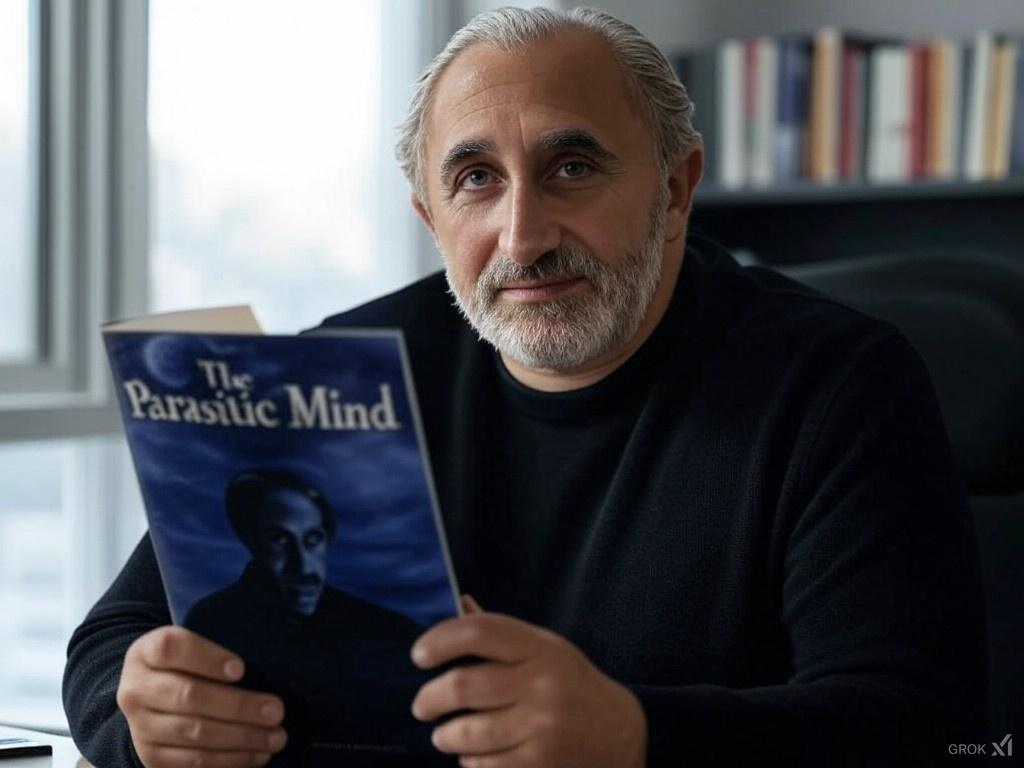A Vaccine for the Parasitic Mind: A Review of Gad Saad's Book

In a world increasingly dominated by what Gad Saad calls "idea pathogens," his book, "The Parasitic Mind," acts as a potent inoculation against the irrationality plaguing modern society. Saad, a professor of marketing with a background in evolutionary psychology, argues that dangerous ideas originating in academic circles are spreading like a virus, infecting public discourse and threatening the very foundations of Western civilization.
Saad's central thesis hinges on the concept of "Ostrich Parasitic Syndrome (OPS)." This "memetic disease of the human mind" describes the tendency to deny or avoid uncomfortable truths, even when faced with overwhelming evidence. He meticulously dissects several "idea pathogens" that contribute to OPS, including:
- Postmodernism, which, according to Saad, embraces obscurantism and rejects objective reality. He criticizes postmodernist thinkers like Jacques Derrida for their convoluted prose and argues that their relativistic worldview undermines the pursuit of truth.
- Radical Feminism, which Saad argues has morphed into a biophobic ideology that denies biological differences between the sexes and promotes a victimhood narrative. He criticizes feminist scholars who promote "neurosexism" - the idea that any observed differences between male and female brains are solely due to socialization.
- Transgender Activism, which Saad believes has gone too far in its quest for inclusivity. He cites examples of compelled speech through the use of preferred pronouns and argues that the denial of biological sex is detrimental to rational discourse.
Saad also delves into the concept of "the homeostasis of victimology." He posits that there's a perceived need for a constant level of victimhood in society. If genuine cases of victimhood are lacking, the definition of victimhood expands, transforming everyday interactions into evidence of oppression.
The book's strength lies in its comprehensive analysis of the problem. Saad doesn't shy away from controversial topics and uses his expertise in evolutionary psychology to ground his arguments in scientific evidence. He employs the concept of "nomological networks of cumulative evidence" to build his case, meticulously drawing connections between disparate data points to reveal a larger, coherent picture.
Saad provides a compelling example of this approach when analyzing the question of Islam's role in modern society. He encourages readers to build a nomological network by considering data from various sources:
- Analysis of Islamic scripture. Bill Warner, an expert on political Islam, has analyzed the Koran, Hadith, and Sira, revealing a significant focus on negative portrayals of non-Muslims (kafirs) and Jews.
- Terrorist demographics. Data on ISIS membership reveals that converts to Islam are more likely to commit acts of terrorism than those born into the faith. This suggests that the ideology itself, rather than merely cultural factors, plays a significant role in radicalization.
- Global data on human rights and freedom. Countries with a higher percentage of Muslims tend to score lower on indices of gender equality, moral freedom, and religious tolerance. This suggests that Islamic values may be incompatible with Western ideals of individual liberty and human rights.
While the book effectively diagnoses the ills plaguing modern discourse, it also offers a call to action. Saad implores readers to engage in the battle of ideas and resist the silencing tactics of the "thought police." He encourages intellectual courage and provides a practical guide for seeking truth through critical thinking and the construction of nomological networks.
Saad’s writing is engaging and often humorous. He seamlessly blends academic rigor with sharp wit, making complex concepts accessible to a wider audience. Despite tackling sensitive topics, he does so with a commitment to reasoned discourse, urging readers to abandon emotional reactivity and embrace logic and evidence.
"The Parasitic Mind" is a timely and thought-provoking book that challenges readers to critically examine their own beliefs and stand up for reason in a world increasingly susceptible to ideological manipulation. It is a must-read for anyone concerned about the future of free thought and open inquiry.
Listen to the Podcast






